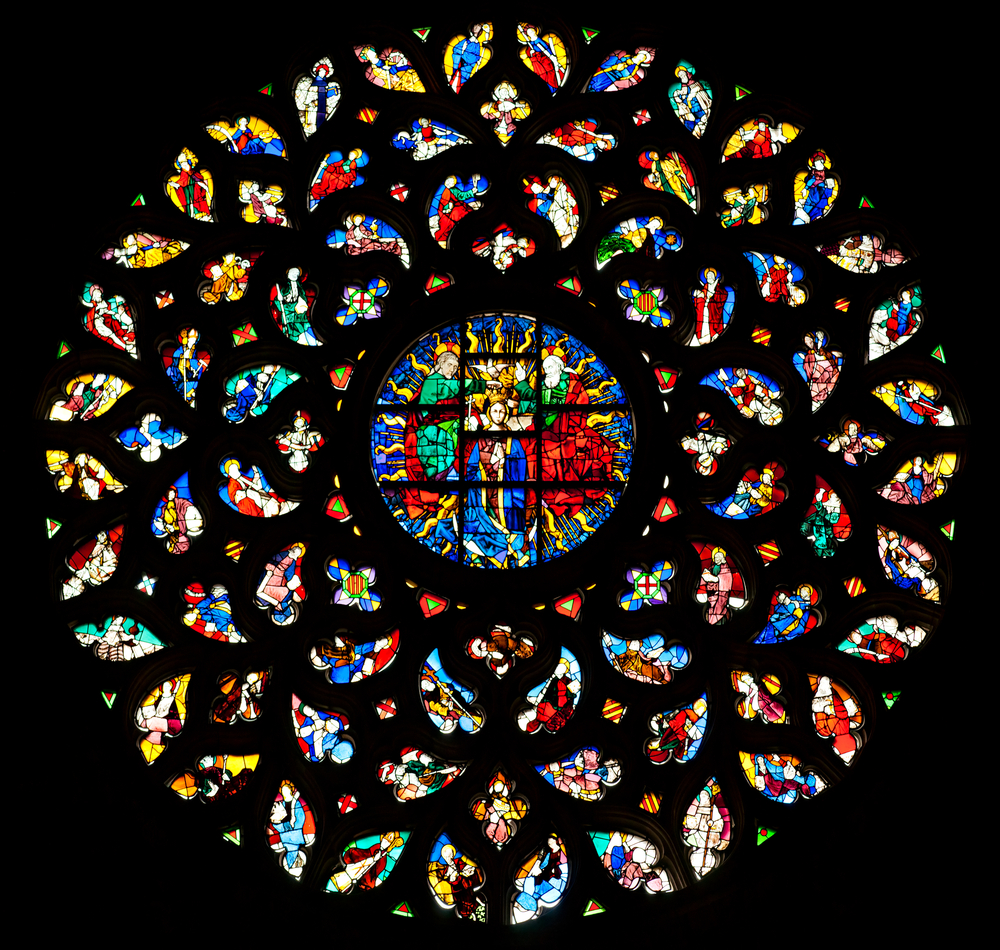Four Historic Intellectual and Cultural Sensibilities-
Negotiating the Religious, Secular, Eclectic and Integral Perspectives

Four Historic Intellectual and Cultural Sensibilities
Negotiating the Religious, Secular, Eclectic and Integral Perspectives
1: The Pre-Modern Religious Sensibility
The pre-modern sensibility is characterized by the epistemological primacy of Introversion, Intuition, Feeling and Perception (INFP). It is also characterized by the importance of spiritual exemplars, sacred community, visionary experience, numinous insight, orphic sayings, creation stories, wisdom parables, symbolic language, musical incantations, artistic expressions, and religious traditions, whether shamanic, mystical, sagacious, prophetic, or a combination of these. The transcendental values of the pre-modern sensibility encompass: Spirit, Human, Nature (Aboriginal), Being, Consciousness, Bliss (Hindu), Non-Attachment, Mindfulness, Compassion (Buddhism), Good, Evil, Struggle (Zoroastrianism, Gnosticism, Dualism), Justice, Mercy, Peace (Judaism), Faith, Hope, Love (Christianity), Transcendence, Surrender, Ecstasy (Islamic Sufism), Beauty, Goodness, Truth (Neo-Platonism), Solitude, Communion, Hospitality (Monasticism). One can find expressions of both “dualist” and “non-dualist” forms of various religious traditions, and in the contemporary period we can make further distinctions between “absolute-exclusivist”, “hierarchical-inclusivist”, “identical-syncretistic”, “random-eclectic”, “radically pluralist” and “symbiotic-relational” forms of religious traditions and emergent spiritualities.
2: The Modern Secular Sensibility
The modern sensibility is characterized by the epistemological primacy of Extraversion, Sensation, Thinking and Judgment (ESTJ), the opposite of the pre-modern sensibility. History appears to move along an alternating path between opposite polarities that instinctively seek to counter-balance each other in a continuing dialectic.
The modern sensibility values the ideals of objective knowledge, natural laws, empirical science, religious tolerance, rational skepticism, moral relativity, technological achievement, social reform, economic enterprise and political secularism. There are conservative, libertarian, liberal and communitarian secular social visions.
3: The Post-Modern Eclectic Sensibility
The post-modern sensibility is characterized by epistemological “suspicion toward all meta-narratives” and ways of knowing, including Introversion and Extraversion, Intuition and Sensation, Feeling and Thinking, Perception and Judgment. Post-modernism is “anti-foundationalist.” Ideas, values and beliefs are not right or wrong, true or false in some objective sense as a “mirror of reality”. Rather, they are simply useful psychological and social “constructs” that arise from our historical and linguistic “contexts” to satisfy our highly malleable and adaptive human preferences. We “construct” a plurality of “alternative realities” through our various “language games and forms of life.” We live within different visions and conceptions of “reality” that we ourselves have co-created through the various “hermeneutical circles” and “communities of interpretation” that we inhabit.
4: The Trans-Modern Integral Sensibility
The trans-modern sensibility is characterized by epistemological openness toward the possibility of “dialogical dialogue” and paradoxical integration of all previous sensibilities. It seek to appropriate the wisdom and ameliorate the dialectical tensions between the pre-modern religious, modern secular and post-modern eclectic (spiritual but not religious, humanistic but not ideological) sensibilities through a “symbiotic integral pluralism.”
It wants the best of all historical sensibilities while recognizing the limitations of any one of them in isolation.
Rich Lang, Omega House, 371 S. Mountain Ave., Ashland, OR 97520 (541) 488-2304
Email: info@ashlandomegahouse.org www.http://ashlandomegehouse.org
